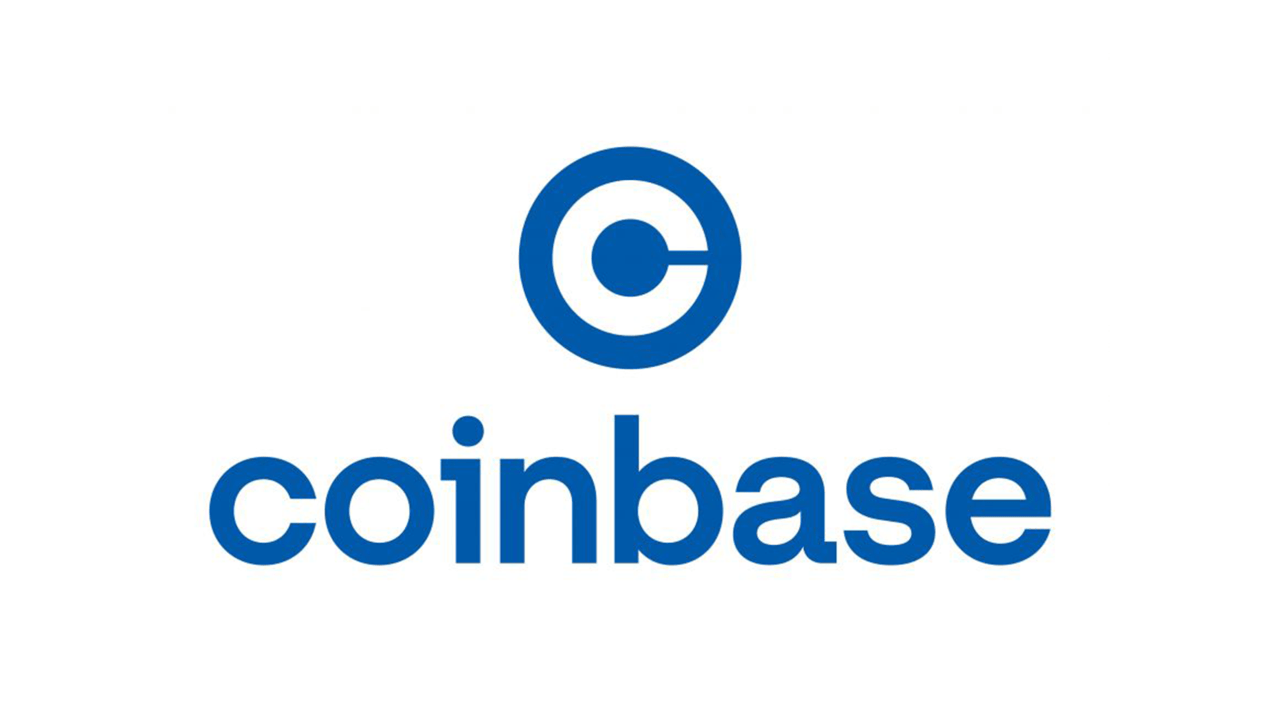
Why Skills-First Leadership Is Replacing the Ivy League Playbook in the C-Suite
The old prestige pyramid—where Ivy League degrees and blue-chip consulting backgrounds paved the way to the CEO seat—is cracking.

Coinbase, the leading cryptocurrency exchange, has poured cold water on speculation surrounding a potential native token for its Baselayer. In a recent tweet, CEO Brian Armstrong clarified that the company has no plans to issue such a token.
“We are not planning to issue a new network token for Base,” Armstrong wrote. “ETH will be our native gas token.”
This statement contradicts rumors and speculation about a “Base token” circulating within the crypto community. Some enthusiasts had envisioned a token similar to Ethereum’s ETH, potentially fueling the Base ecosystem and incentivizing participation.
Armstrong’s tweet suggests a different approach for Base. By relying on ETH as the native gas token, Coinbase removes the complexity and uncertainty of launching a new token. This move could appeal to developers and users who value simplicity and established infrastructure.
Furthermore, leveraging ETH’s existing network effects and liquidity could give Base a significant head start in attracting users and builders. Developers familiar with the Ethereum ecosystem can easily port their applications to Base, fostering rapid innovation and growth.
However, some may view this reliance on ETH as limiting Base’s potential. Without a dedicated token, the platform may lack the same level of community ownership and engagement in token-based ecosystems. Additionally, the absence of a Base token could mean fewer opportunities for Coinbase to generate revenue through token sales or transaction fees.
Only time will tell whether Coinbase’s decision to stick with ETH proves to be a strategic masterstroke or a missed opportunity. For now, Base will take a different path than other blockchain protocols, relying on established infrastructure and simplicity to carve its niche in the ever-evolving crypto landscape.

The old prestige pyramid—where Ivy League degrees and blue-chip consulting backgrounds paved the way to the CEO seat—is cracking.

Loud leaders once ruled the boardroom. Charisma was currency. Big talk drove big valuations.

But the CEOs who make history in downturns aren’t the ones with the deepest cuts

Companies invest millions in leadership development, yet many of their best executives leave within a few years. Why?

The most successful business leaders don’t just identify gaps in the market; they anticipate future needs before anyone else.

With technological advancements, shifting consumer expectations, and global interconnectedness, the role of business leaders

Maushum Basu is a visionary leader who inspires his team with a clear, compelling purpose. Unafraid to take calculated risks, he understands that growth often stems from change and innovation. His deep commitment to both Airia Brands, Inc.

When speaking with Martin Paquette, one thing is immediately apparent: he’s honest. His transparency is refreshing. While many shy away from such vulnerability, Paquette sees it as a force to reckon with. The incredible emotional intelligence speaks to years of looking within—it’s also what allows him to acknowledge his mistakes gracefully and use them as opportunities to innovate.

Marina Charriere, CEO of Star Drug Testing Services, Star Drug Testing Services (Windsor Park), and First Defence Face Masks go hand in hand. Star is a drug and alcohol testing facility, and First D F M is a face mask company.

Lejjy Gafour, CEO, CULT Food Science Corp. Lejjy is a self-taught entrepreneur and experienced company operator who made his start creating opportunities at the young age of 14, and he has been working, leading, and building businesses ever since.


Leave us a message
Subscribe
Fill the form our team will contact you
Advertise with us
Fill the form our team will contact you